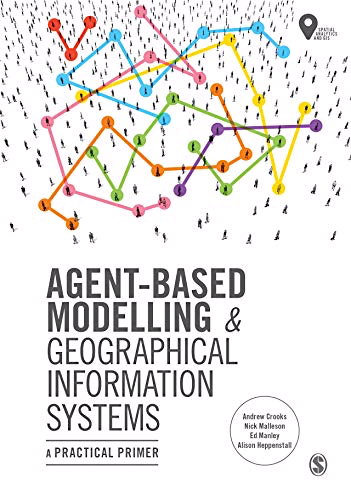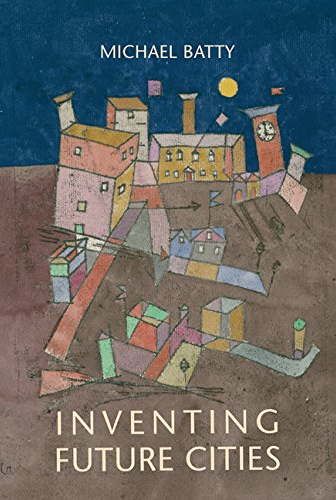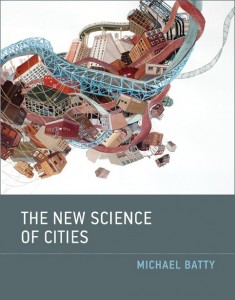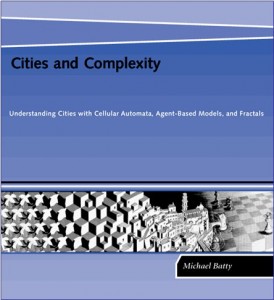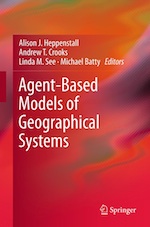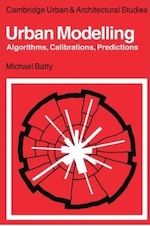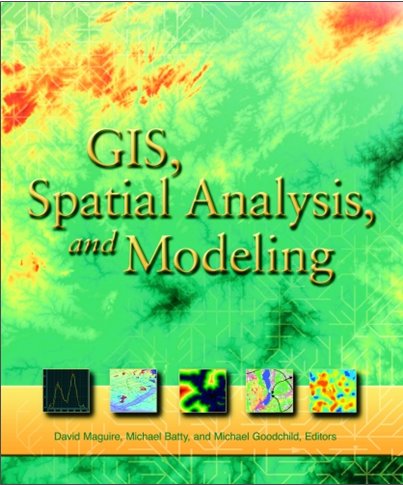We have a new EU FP7 project titled INSIGHT (Innovative Policy Modelling and Governance Tools for Sustainable Post-Crisis Urban Development). This is a research project funded under the ICT Theme of the European Union’s Seventh Framework Programme. INSIGHT aims to investigate how ICT, with particular focus on data science and complexity theory, can help European cities formulate and evaluate policies to stimulate a balanced economic recovery and a sustainable urban development. Here is a quick summary of the project, which strongly relates to the new Global Systems Science Initiative pioneered for Horizon 2020.
Cities embody the twofold challenge currently facing the European Union: how to improve competitiveness while achieving social cohesion and environmental sustainability. They are fertile ground for science and technology, innovation and cultural activity, but also places where problems such as environmental pollution, unemployment, segregation and poverty are concentrated.
The objectives of the project are the following:
- to investigate how data from multiple distributed sources available in the context of the open data, the big data and the smart city movements, can be managed, analysed and visualised to understand urban development patterns;
- to apply these data mining functionalities to characterise the drivers of the spatial distribution of activities in European cities, focusing on the retail, housing, and public services sectors, and paying special attention to the impact of the current economic crisis;
- to develop enhanced spatial interaction and location models for retail, housing, and public services;
- to integrate the new theoretical models into state-of-the-art urban simulation tools, in order to develop decision support systems able to provide scientific evidence in support of policy options for post-crisis urban development;
- to develop innovative visualisation tools to enable stakeholder interaction with the new urban simulation and decision support tools and facilitate the analysis and interpretation of the simulation outcomes;
- to develop methodological procedures for the use of the tools in policy design processes, and evaluate and demonstrate the capabilities of the tools through four case studies carried out in cooperation with the cities of Barcelona, Madrid, London, and Rotterdam.
The INSIGHT Consortium is composed by the Research Centre for Applied ICTs (CeDInt) and the Transport Research Centre (TRANSyT) at the Technical University of Madrid (UPM), Nommon Solutions and Technologies, the Centre for Advanced Spatial Analysis at University College London (CASA-UCL), the Technical University of Eindhoven (TU/e), the Institute for Cross-Disciplinary Physics and Complex Systems at the University of the Balearic Islands (IFISC-UIB), and the Barcelona City Council.


